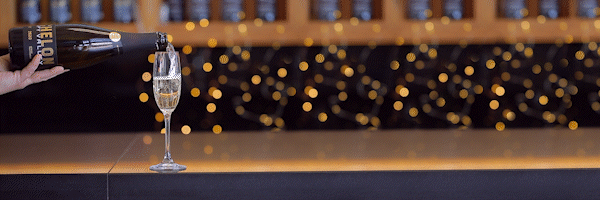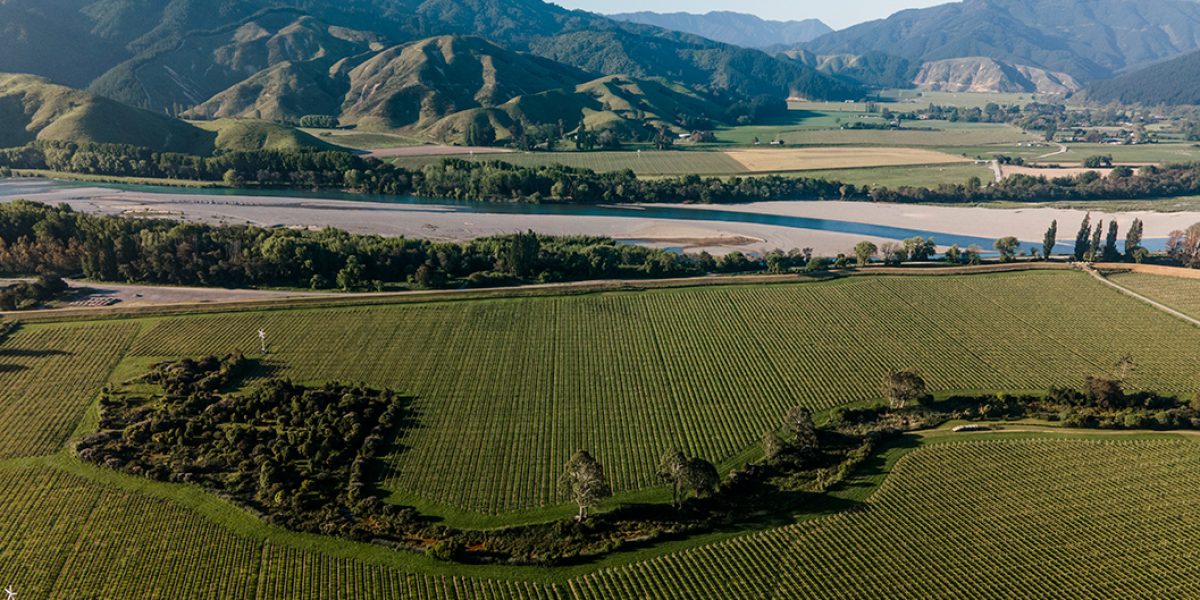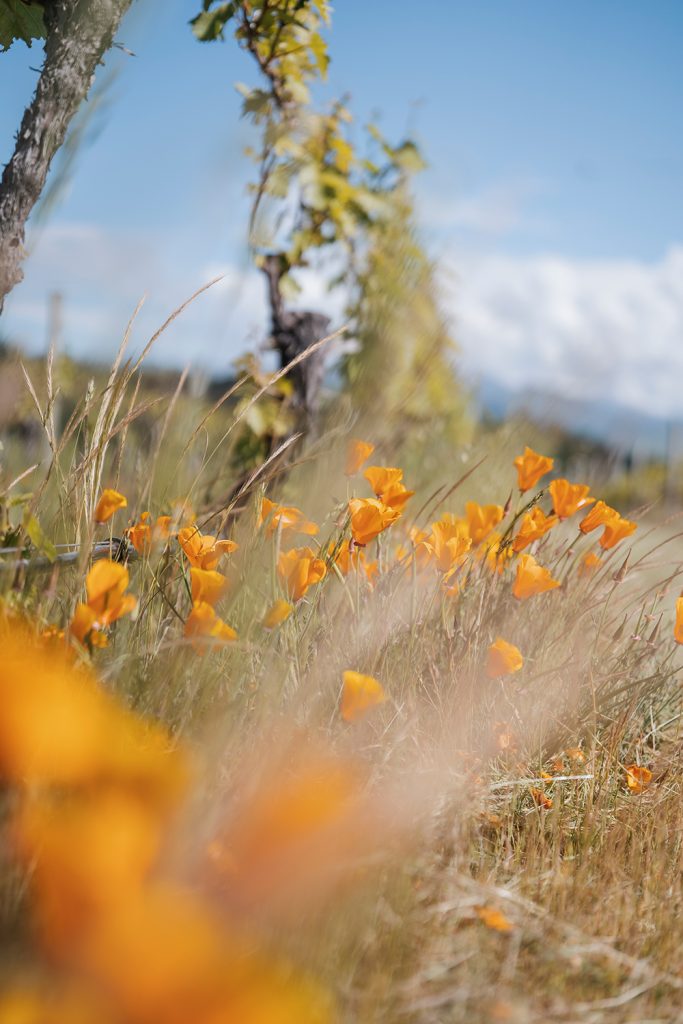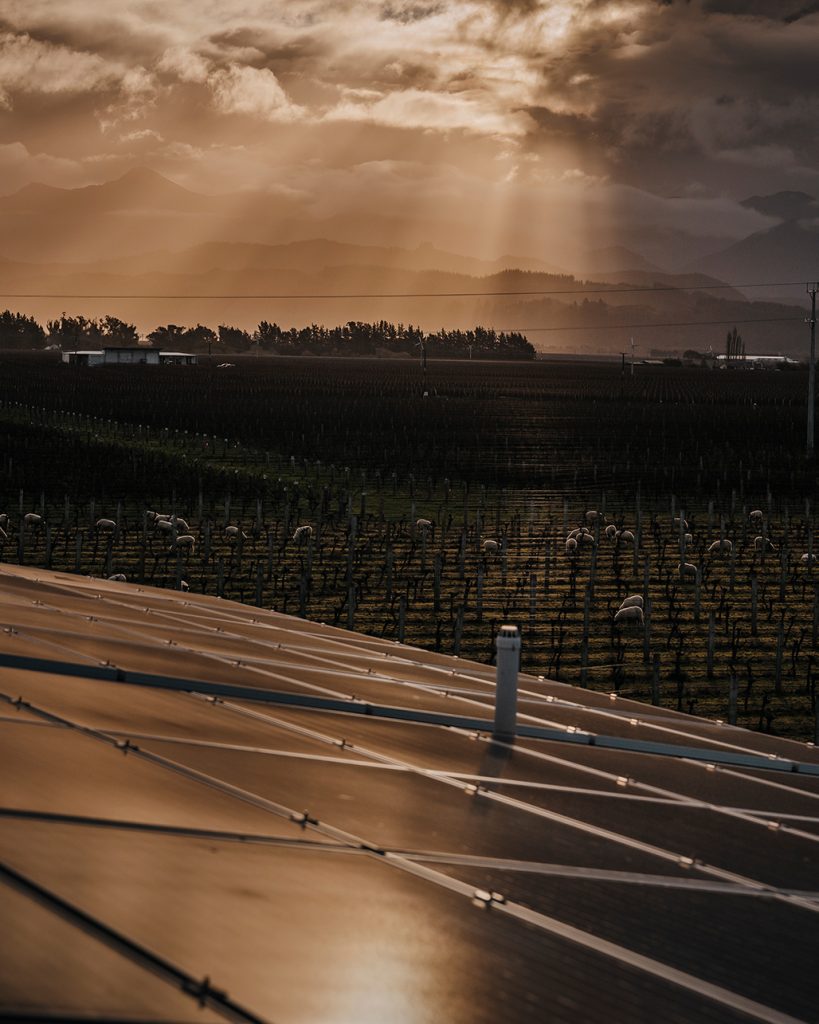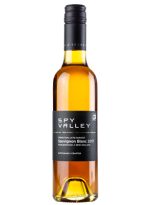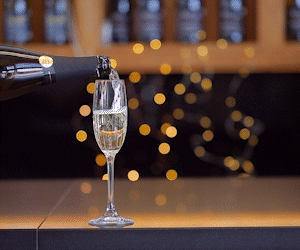The Secrets of Embracing a Sustainable Future
It’s important to step back every once in a while and look at the bigger picture. Even a cursory glance highlights the state of modern technology and our consumerist society buoyed by the fetishization of high-end gadgets as social status. Set against this insatiable cycle of: desire, consume, replace and repeat, however, there is that one great constant that offers a far more enduring legacy. Land – to borrow the words of American author Margaret Mitchell – “is the only thing in the world that amounts to anything, for ’tis the only thing in this world that lasts, ’tis the only thing worth working for, worth fighting for…”
Fortunately, there are those who have taken it upon themselves to be its custodians with a vastly slower and more sustainable legacy in mind, wielding a stance that looks back to see a path forward for improvement at every turn. Companies whose mission it is to conserve, preserve and protect as custodians of the land, in the knowledge that it has sustained generations and it is their job to nurture it for many more.
You will find a company of this ilk nestled off the beaten track in the depths of the Waihopai Valley, flanked by the protective Southern Alps, the stunning Marlborough Sounds and an international satellite communication station no less. The family-owned estate of Spy Valley has been quietly coaxing out of one of the country’s purest wine regions, sustainably crafted award-winning wines since their launch in 2000. And such is the calibre of their wine-making craft, they have been called one of “the planet’s most notable new producers”. But for them, it’s quite simple, “When you work land as exceptional as this, you protect it.”
At Spy Valley, they believe it is the “flavour of the place”, namely, the Wairau basin’s long green valley, dry hills and alluvial plains paired with maximum sunshine, minimum rainfall, free draining soil and freedom for the most part from seasonal frosts, seeing vines ripening in the sun like nowhere else on earth – the resultant wines, a testament to the unique terroir captured at every harvest. In synergy with the unique Marlborough climate and topography, Spy Valley’s environmental responsibilities have, from the outset, run deep throughout all their decision-making and actions, and they believe it is a focus on sustainability that will ensure their guardianship of the 180 hectares of land – once considered too hard, too dry and too unfertile for wine – endures for generations to come.
Staying true to their mission to conserve, preserve and protect as custodians of their land and legacy, Spy Valley has been accredited under the New Zealand Sustainable Winegrowing scheme since 1999, which promotes economically and environmentally sustainable vineyard management. They were, in fact, one of the first Marlborough wineries to become certified “sustainable” under the New Zealand Winegrowers Sustainability Program with the requirement that the wine be made from 100 percent certified grapes in facilities that are independently audited and certified. True to a wholly slower, sustainable business approach, as Spy Valley puts it: “We continue to monitor, measure, reduce… repeat… We are always searching for the best of the best to produce exceptional wine.” The very sort of repeat cycle the world needs to see more of.
Ever mindful that their environment is one of the many secrets to their success, Spy Valley has also taken steps to nurture and restore their Area H vineyard, which is one of the best remaining examples of spring-fed wetlands in the lower Wairau Valley. With the three-hectare wetland restoration being 17 years in the making and now a thriving sanctuary for native flora and fauna, Spy Valley has furthered this initiative by partnering with Aotearoa’s Forest and Bird. The Satellite Mission – which espouses the view that “we are all satellites drifting around a beautiful planet” and it is therefore important that we protect it – strives to give nature a voice beyond Spy Valley’s own backyard by aligning their award-winning Satellite range with the leading independent conservation organisation. The winery’s efforts behind the New Zealand Sustainable Winegrowing logo can be found on the back of all Satellite wine bottles – wearing the ECOLOGI logo in an effort to help raise awareness for the global environmental organisation. So far, Spy Valley have planted over 7600 trees and offset over 550 tonnes of CO2 in the 21 months they have been working with the organisation.
Not one to rest on their laurels, Spy Valley is also working hard to have a lighter hand on the land such as letting the weeds grow and lessening the need for trimming, shoot thinning and leaf plucking, alongside grazing sheep during the winter months to help keep the grass down and reduce the amount of mowing. They were also the first New Zealand winery to install a substantial solar power system of in excess of 200 solar panels, which provides approximately 20 percent of their power. Irrigation is furthermore kept to a minimum with water constantly measured and managed, in tandem with the use of organic matter and compost to replenish nutrients thereby minimising the level of cultivation needed. They have also taken a critical eye to their bottles, moving to lighter weight ones that are up to 80 percent recycled glass, conscious of the fact that when a bottle of New Zealand wine lands on a dining table in Europe, close to six percent of its carbon cost is the bottle.
In spite of their leadership in environmental and sustainable practices with a venture that started with a passion for the land, the winemakers remain humble at heart – “we are simply farmers, nurturing the soil and vine to cultivate the complexities in our wine.” And not surprisingly, they admit to liking a bit of mystery, influenced no doubt by their proximity to a clandestine spy base, as they have forged wine making secrets that can only come from a great deal of knowing the land, the environment and climate tucked away in the depths of their Southern valley. Luckily for us, these are secrets that they have decided it’s time to share. And if they do say so themselves, it’s “a synergy so good, you can almost taste it.”
Find out more about what makes Spy Valley sustainable here.
